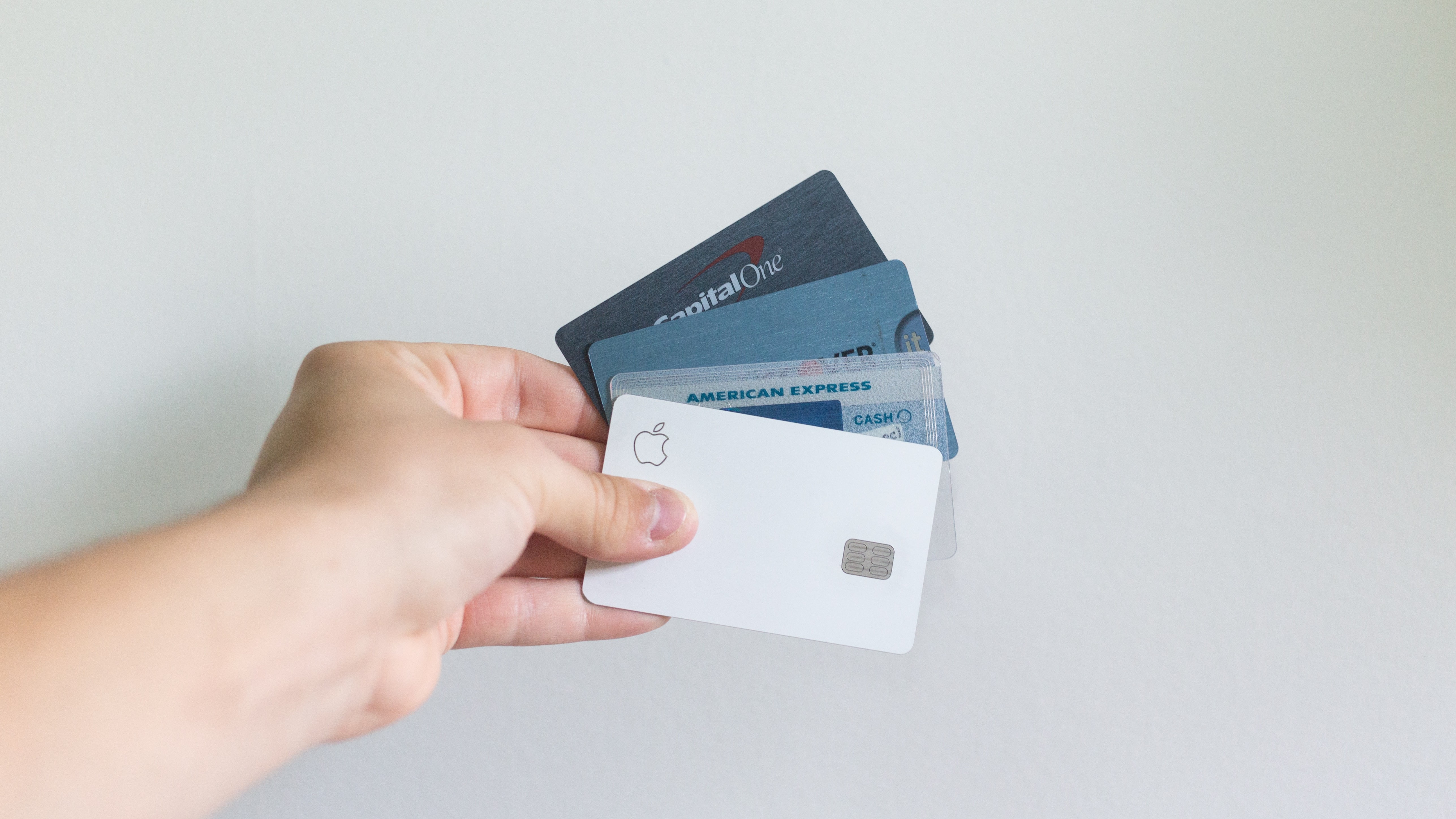
Hi Friends! I hope y’All have been hanging in there and staying both safe and sane with this pandemic. There have been some recent announcements to the federal income support programs so I wanted to provide you with some information.
Please remember that I do not work for the government of Canada and they are your best source for information.
Last week, our Prime Minister extended the Canada Emergency Response Benefit (CERB) by four weeks for a max of 28 weeks. It transitions into a modified Employment Insurance (EI) system.
Federal Income Support Programs FAQ's
How many hours of insurable work do I need to qualify for EI?
The government is allowing Canadians with 120 hours of insurable work or more to qualify for benefits by providing a temporary, one-time credit of:
- 300 insurable hours for those claiming regular EI benefits
- 480 insurable hours for those claiming EI special benefits (maternity, parental, sickness, compassionate care, and family).
How much will I receive on EI?
The maximum benefit rate is $400/week, or $240/week for extended parental benefits.
What if I am self-employed or not eligible for EI?
The Canada Recovery Benefit (CRB) will provide $400/week for up to 26 weeks, to workers who are self-employed or are not eligible for EI and still require income support.
What are the eligibility criteria for the Canada Recovery Benefit?
- You must be at least 15 years old & have a valid Social Insurance Number.
- You have stopped working due to Covid-19 pandemic and are available and looking for work or are working and have had a reduction in their employment/self-employment income related to Covid-19.
- You are not eligible for EI.
- You had employment and/or self-employment income of at least $5000 in 2019 or in 2020; and
- You have not quit their job voluntarily.
When does the Canada Recovery Benefit start?
September 27th for one year.
Canada Recovery Sickness Benefit (CRSB)
What if I get Covid-19 or have to self-isolate for two weeks?
The Canada Recovery Sickness Benefit (CRSB) will provide $500/week for up to two weeks, for workers who are sick or must self-isolate due to reasons related to Covid-19.
Who is the Canada Recovery Sickness Benefit available to?
- Residents in Canada who are at least 15 years old and have a valid Social Insurance Number.
- Workers employed or self-employed at the time of application.
- Workers who earned at least $5000 in 2019 or 2020.
When does the Canada Recovery Sickness Benefit start? September 27th for one year.
Canada Recovery Caregiving Benefit (CRCB)
What if I can’t go back to work because my caregiving responsibilities (e.g. children cannot return to school or daycare because of Covid-19, caring for a family member with a disability, or a child or family member with a disability cannot attend school, daycare, or other care facilities under the advice of a medical professional due to being high-risk if they contract Covid-19)?
The Canada Recovery Caregiving Benefit (CRCB) will provide $500/week for up to 26 weeks per household, for eligible Canadians.
What are the eligibility criteria for the Canada Recovery Caregiving Benefit?
- You must reside in Canada, be at least 15 years old and have a valid Social Insurance Number.
- Be employed or self-employed on the day immediately preceding the period for which the application is made.
- You must have earned at least $5000 in 2019 or 2020.
- You must have been unable to work for at least 60% of your normally scheduled work within a given week because one of the following conditions:
- You are caring for a child who is under 12 years:
- because their school or daycare is closed or operates under an alternative schedule for reasons related to Covid-19. who cannot attend school or daycare under the advice of a medical professional due to being high risk if they contract Covid-19; or because the caregiver who usually provides care is not available for reasons related to Covid-19; or
- They must provide care to a family member with a disability or a dependent:
- because their day program or care facility is closed or operates under an alternative schedule for reasons related to Covid-19. who cannot attend their day program or care facility under the advices of a medical professional due to being at high risk if they contract Covid-19; or because the caregiver who usually provides care is not available for reasons related to Covid-19.
- Not be in receipt of paid leave from an employer in respect of the same week; and Not be in receipt of CERB, EI ERB, CRB, CRSB, short-term disability benefits, workers’ compensation benefits, or any EI benefits or QPIP benefits in respect of the same week.
When does the Canada Recovery Caregiving Benefit start?
September 27th for one year.
You are not alone
While things are changing on the income support side with the various federal programs listed above, they may also change on the credit/debt side. Credit product deferrals such as mortgages, student loans, vehicle loans, credit card payments, etc. were for six months, which for some may be in September as well.
If you’re worried, stressed, and anxious about all of these changes, reach out to your local non-profit credit counselling agency who can help you navigate the turbulent waters.
You are not alone.